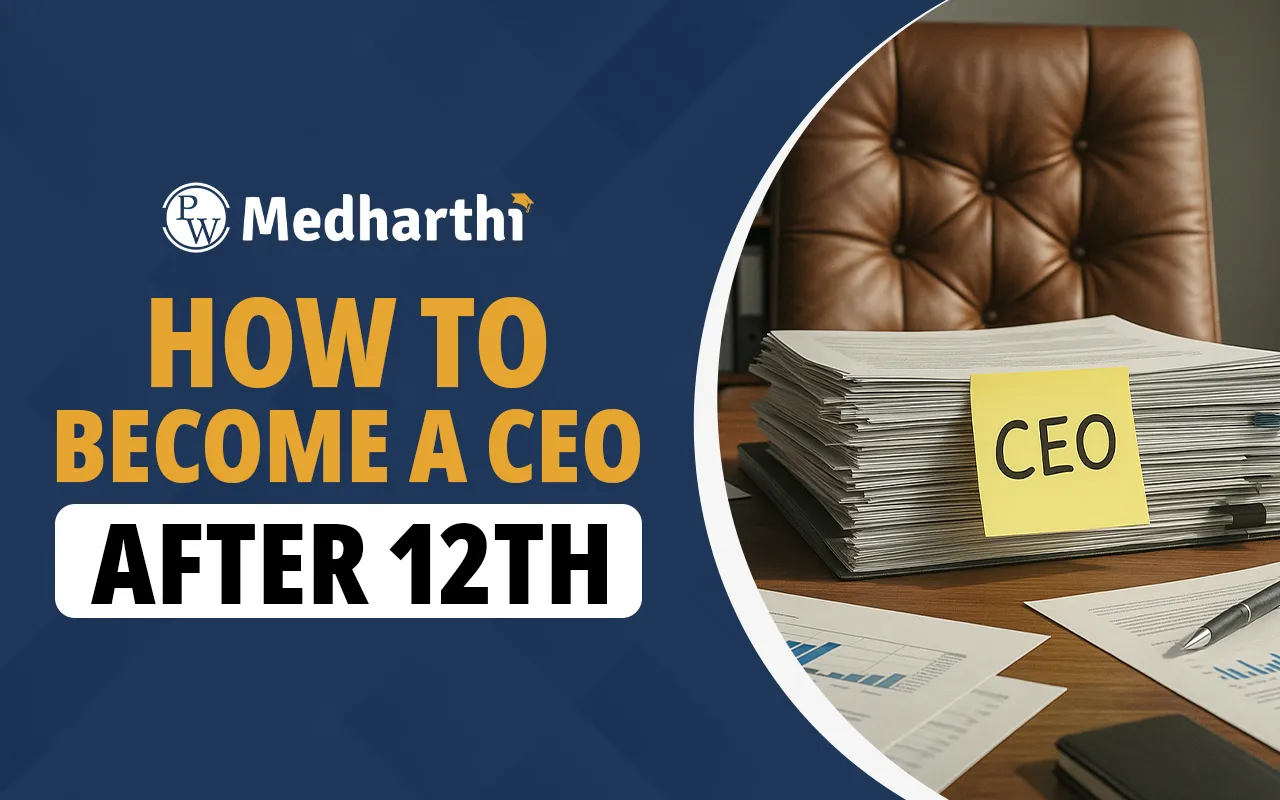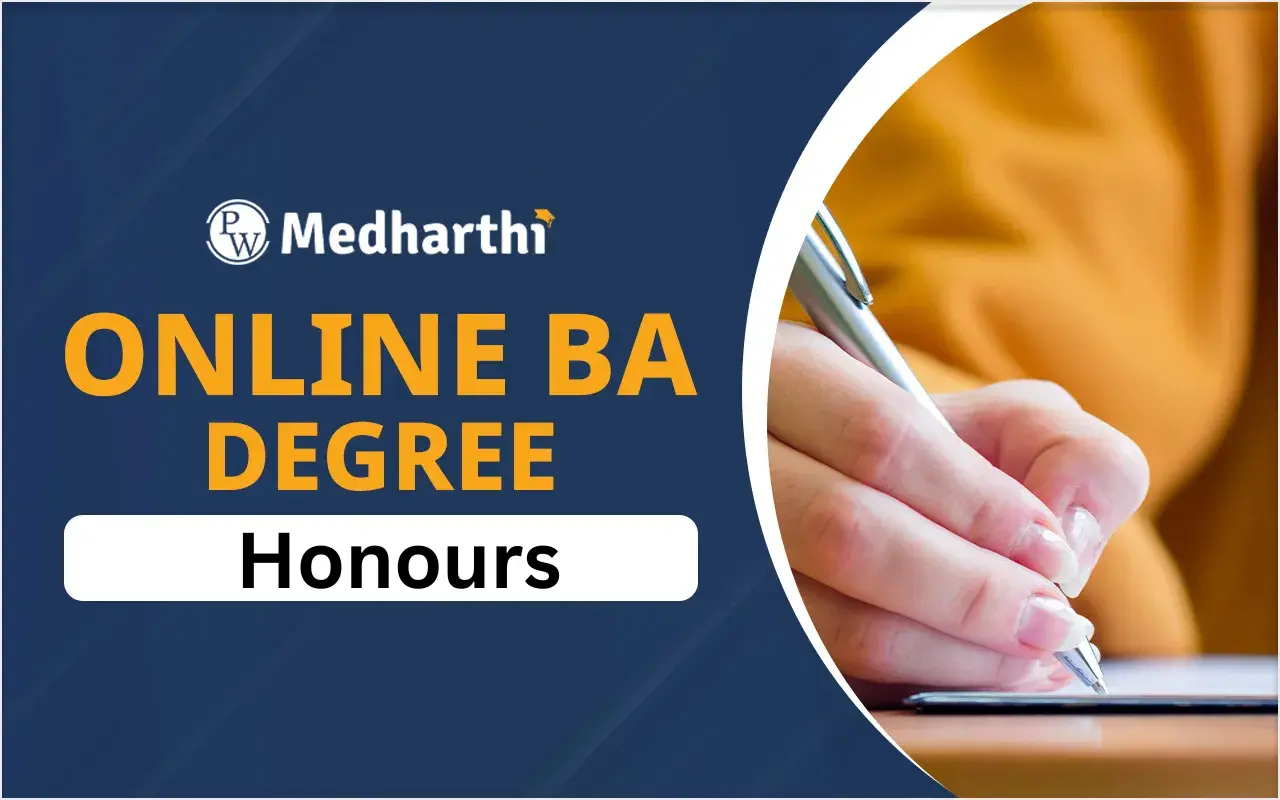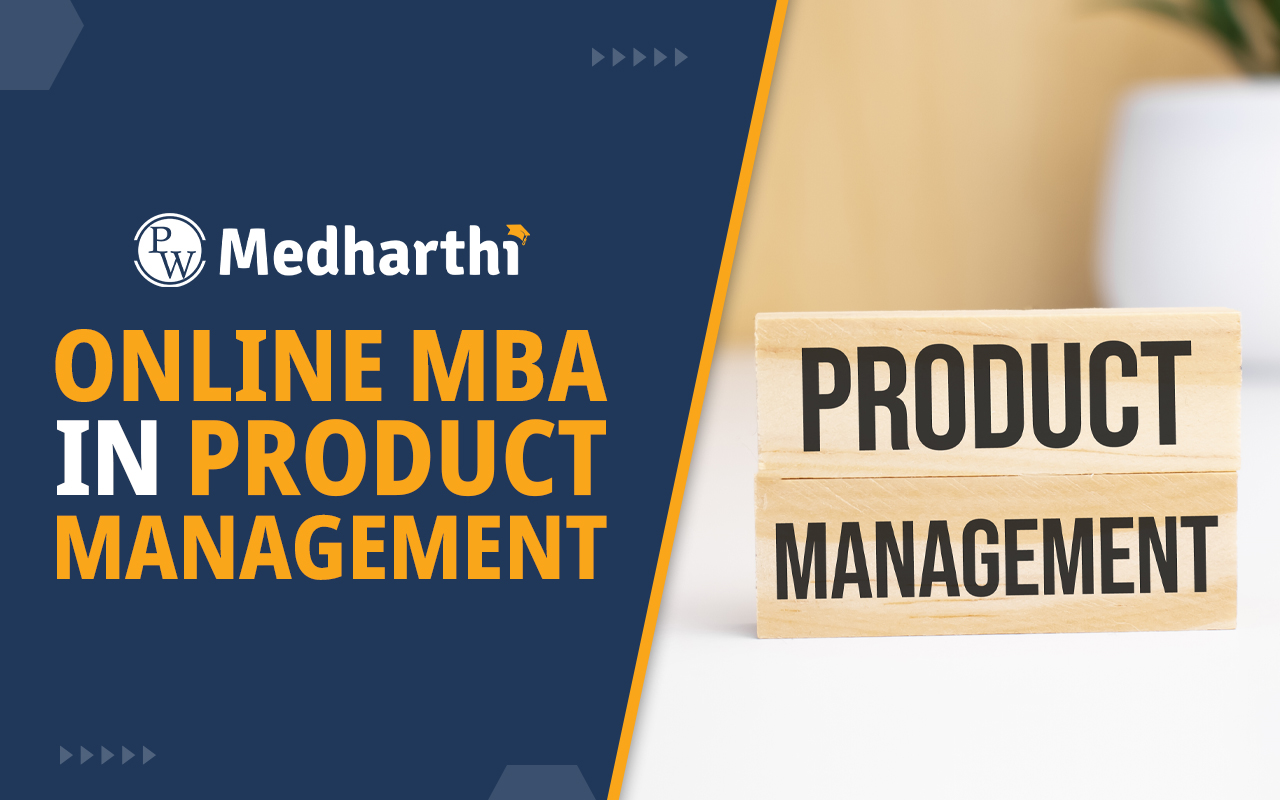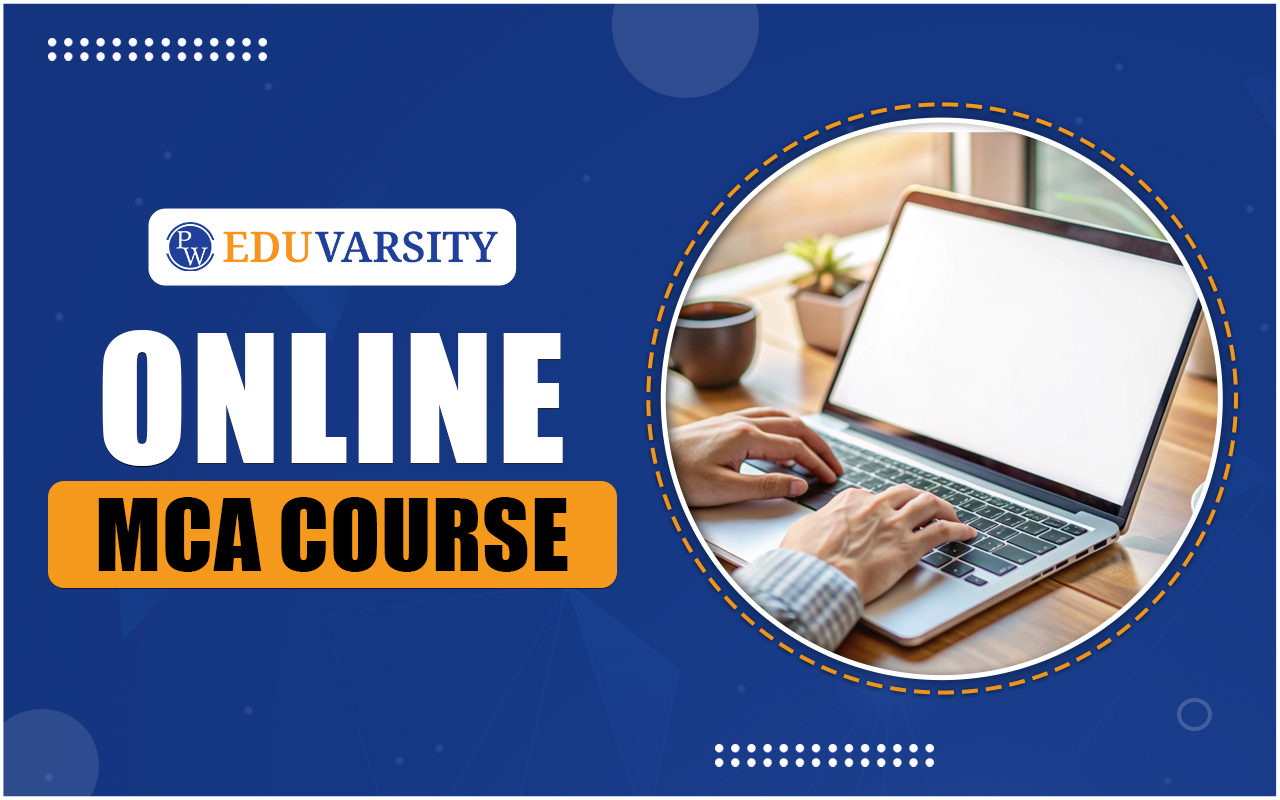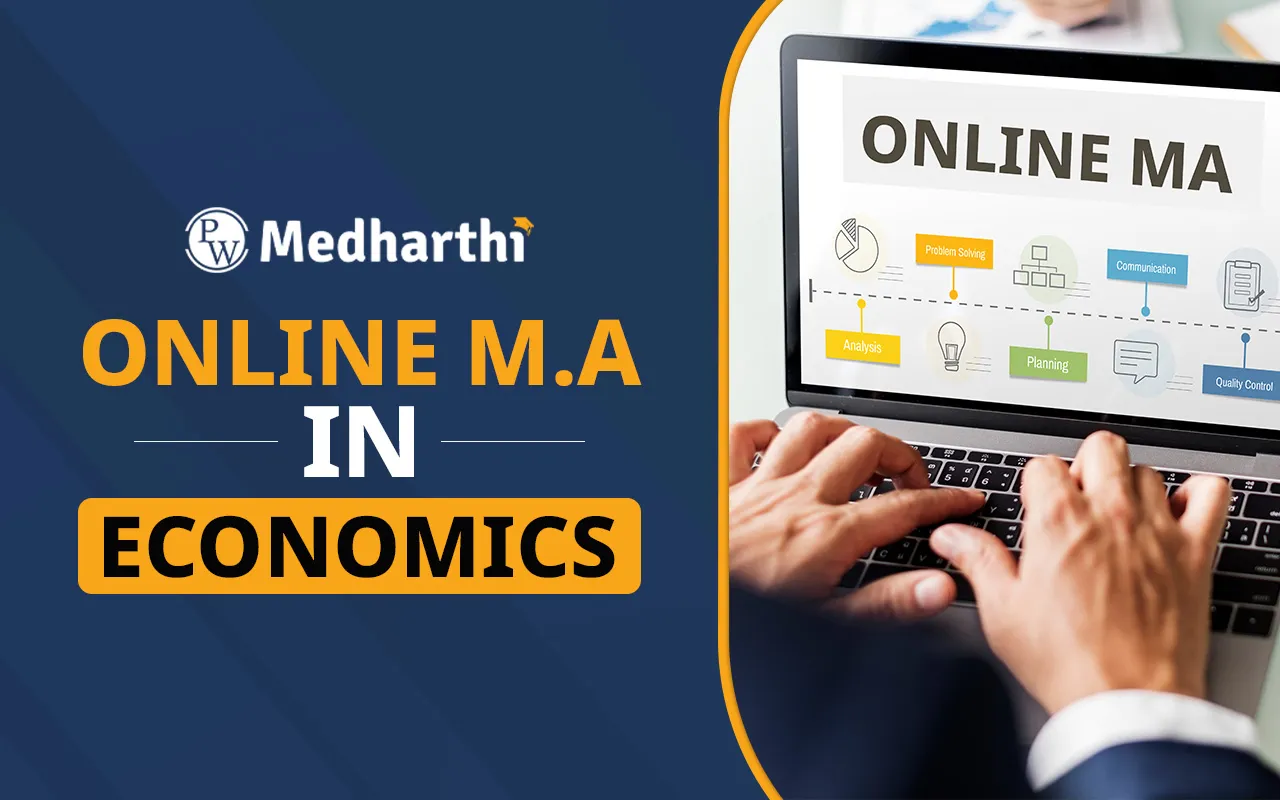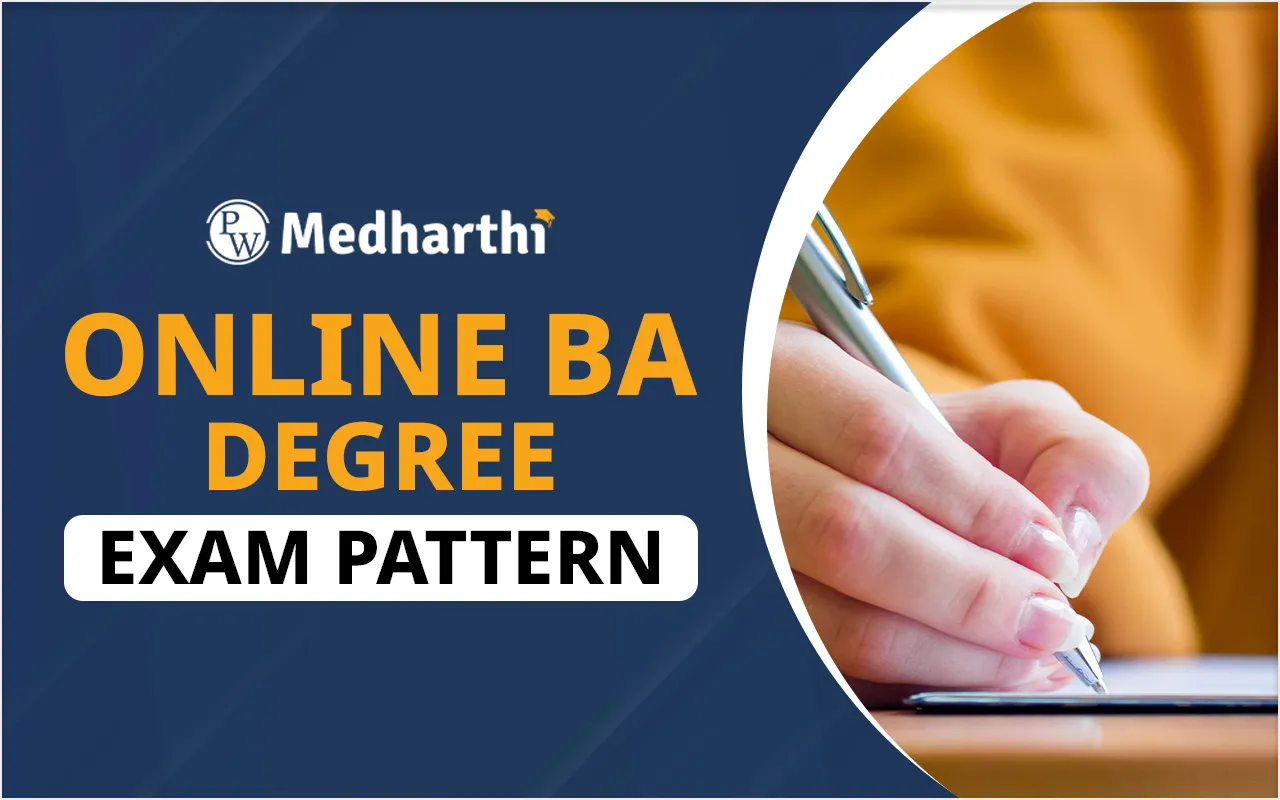
How to Choose the Best Online Course: In an era where online learning has become increasingly popular, selecting the right online course can be a daunting task. With thousands of courses available across reputed platforms like Physics Wallah, making an informed decision is crucial to ensure you gain the skills and knowledge you seek. Whether you’re looking for a programming course, business training, or creative design tutorials, this article will walk you through the key factors to consider when choosing the best online course for your needs.
Top 10 Factors & Tips to Consider While Deciding How to Choose the Best Online Course
Let’s look into the Top 10 Factors & Tips to Consider when selecting the perfect online course. These actionable insights will help you evaluate your options and ensure you invest your time and money in the right learning opportunity.
1. Define Your Goals and Objectives
Before diving into course selection, identify why you want to take an online course. Clear goals can help you narrow down your options. Ask yourself:- Are you looking to build foundational knowledge (e.g., Python programming for beginners)?
- Do you want advanced skills for career advancement (e.g., Data Science with Python)?
- Is the course meant for personal enrichment (e.g., Graphic Design for Hobbyists)?
Key Tip: Write down your specific objectives and match them with the course’s learning outcomes.
2. Accreditation and Certification
If your goal is career advancement, ensure the course offers a credible certification recognized by employers. Many platforms partner with reputed institutions or universities.| Accreditation Offered | Example Courses |
|---|---|
| Certificates from universities like Stanford and Yale | Google IT Support Professional Certificate |
| Verified certificates from institutions like MIT and Harvard | MicroMasters in Data Science |
| Non-accredited, but useful for practical skills | Python for Data Analysis |
| Certifications for LinkedIn profile | Leadership Foundations |
Key Tip: Look for courses with “verified certificates” or “professional credentials” for greater career impact.
3. Course Content and Syllabus
Thoroughly review the syllabus to ensure it aligns with your learning goals. A good course will:- Provide a detailed breakdown of topics (e.g., JavaScript course covering ES6, DOM manipulation, and APIs).
- Include hands-on projects or case studies.
- Update content regularly to reflect the latest industry trends.
Checklist for Reviewing Course Content:
| Criteria | Questions to Ask |
| Comprehensive Topics | Does the syllabus cover all the necessary skills? |
| Up-to-date Content | Is the course content relevant for today? |
| Practical Applications | Are there assignments or real-world projects? |
| Supporting Materials | Are additional resources (PDFs, tools) provided? |
4. Instructor Credentials
The quality of an online course often depends on the expertise of the instructor. Research the instructor’s qualifications, teaching experience, and industry background.How to Evaluate Instructors:
- Check their LinkedIn profile for relevant professional experience.
- Look for student reviews mentioning the instructor’s teaching style.
- Verify if they have published books, research papers, or worked with reputed organizations.
Example: If you're taking a Machine Learning course, look for an instructor who has worked with AI technologies or published research in the field.
5. Course Duration and Flexibility
The duration of the course should fit your schedule and time commitment. Check if the course is self-paced or instructor-led:| Type | Best For |
| Self-Paced Courses | Working professionals, flexible learners |
| Instructor-Led | Structured learners, real-time feedback |
| Short Modules | Quick skill acquisition |
| Long-Term Programs | Comprehensive mastery |
Key Tip: Choose a course with flexible deadlines if you have a busy schedule.
6. Reviews and Ratings
Student reviews and ratings can provide valuable insights into the quality of the course. Platforms like Udemy and Coursera often display these prominently.What to Look for in Reviews:
- Positive feedback about course content and teaching style.
- Criticism regarding outdated material or poor-quality resources.
- Completion rates (higher rates often indicate better engagement).
Example: A course with a 4.8/5 rating and detailed positive reviews is generally a good choice.
7. Pricing and Value for Money
Online course prices vary significantly. Some platforms offer free courses, while others charge premium fees for advanced training. Assess whether the course provides value for the money spent.| Platform | Average Cost | Example Courses |
| Physics Wallah | Free to Minimal Cost | Online BA, BBA, MA etc. |
Key Tip: Look for financial aid options on platforms like Coursera and edX.
8. Practical Projects and Portfolio Building
Courses that offer practical projects, capstone assignments, or portfolio development are ideal for showcasing your skills to employers.Example:
- A Web Development course should include projects like building a responsive website.
- A Graphic Design course should guide you to create a portfolio of logos, posters, and digital art.
Checklist for Practical Learning:
| Feature | Why It’s Important |
| Real-World Projects | Apply skills in practical scenarios |
| Peer Review Mechanism | Gain feedback to improve your work |
| Portfolio Creation | Showcase work to potential employers |
| Industry Tools Integration | Learn tools like Figma, Tableau, or MATLAB |
9. Community and Support
Engaging with peers and instructors can enhance your learning experience. Look for courses that offer:- Discussion forums for peer interaction.
- Q&A sessions with instructors.
- Dedicated support for technical issues.
Example:
- Physics Wallah provides a Q&A section for various online courses.
- PW has discussion forums and peer-graded assignments.
10. Platform Reputation and Policies
Different platforms cater to varying needs. Research the platform’s overall reputation and policies, including refund terms and access duration.| Various Refund Policies | Access Duration |
| 30-day money-back guarantee | Lifetime access to purchased courses |
| Refund within 14 days | Access until subscription expires |
| No refunds | Access with subscription |
| Refund within 14 days | Limited-time access |
Key Tip: Read the platform’s refund and access policies before enrolling.
How to Choose the Best Online Courses <span data-sheets-root=
Q1. How do I know if an online course is credible?
Q2. What is the difference between self-paced and instructor-led courses?
Q3. Are free online courses worth it?
Q4. How can I ensure a course aligns with my career goals?
Q5. What should I do if a course turns out to be disappointing?




